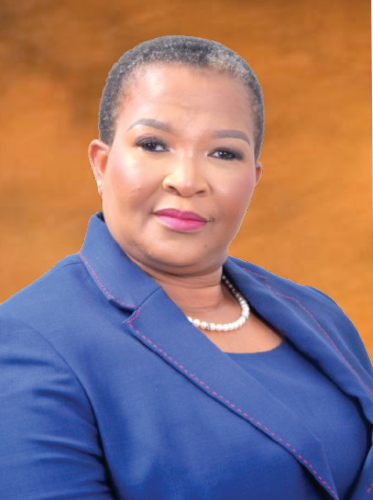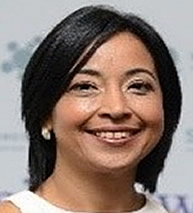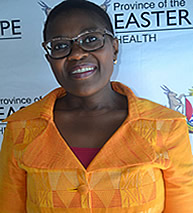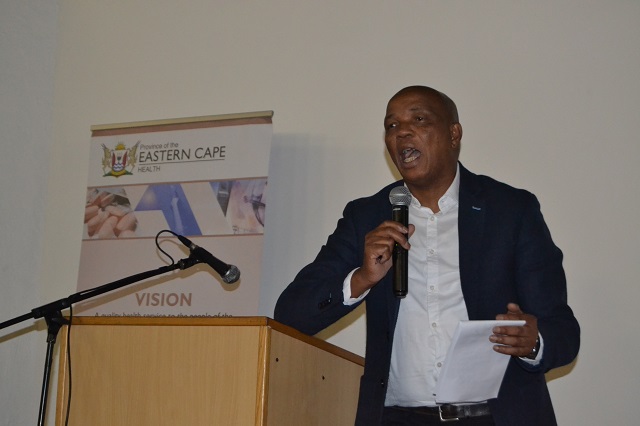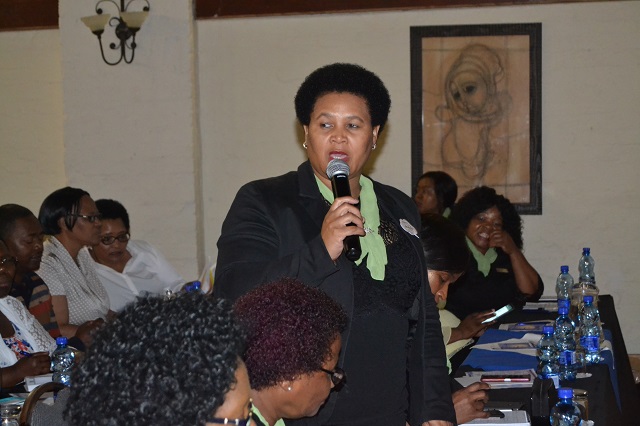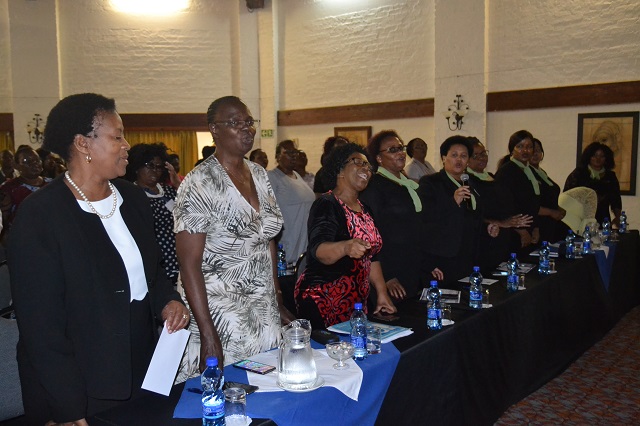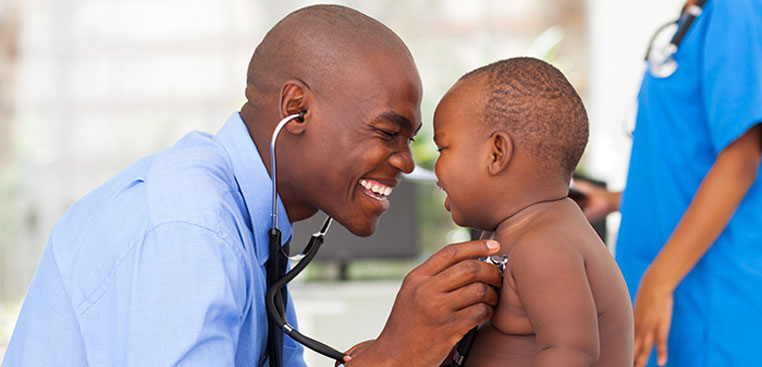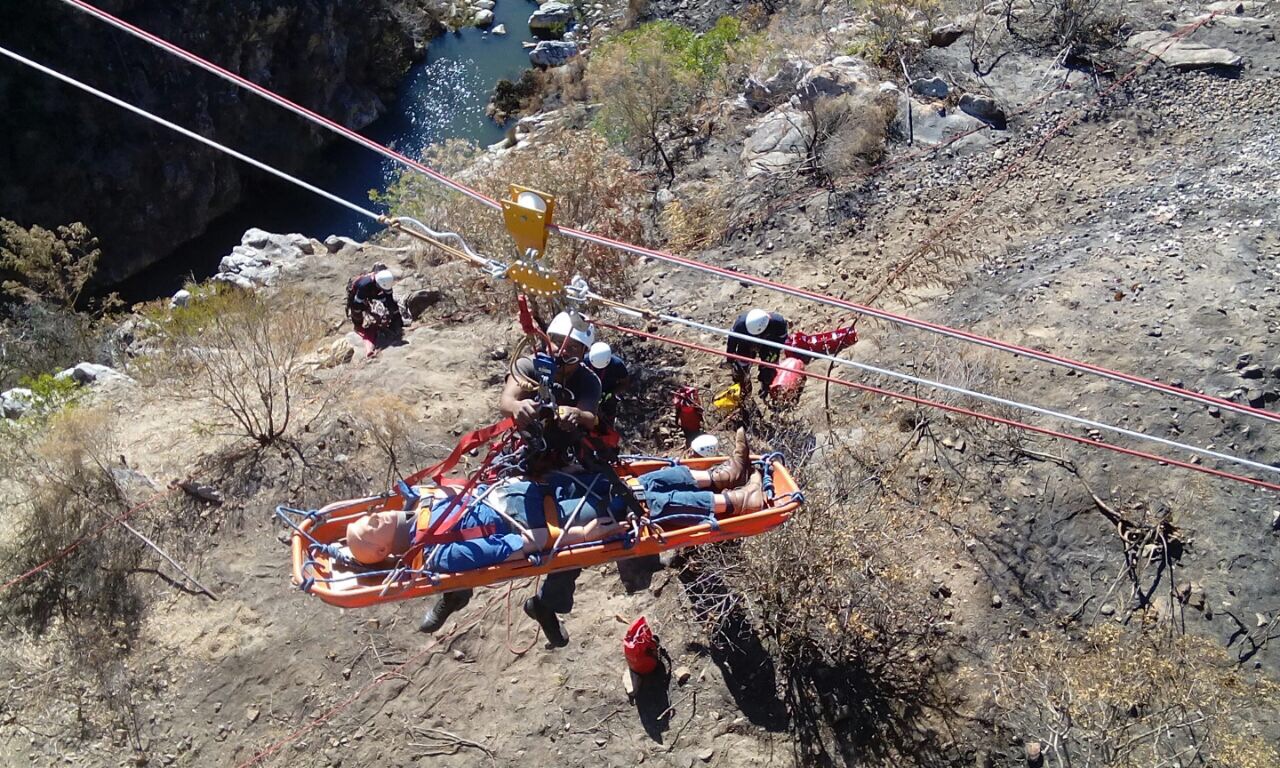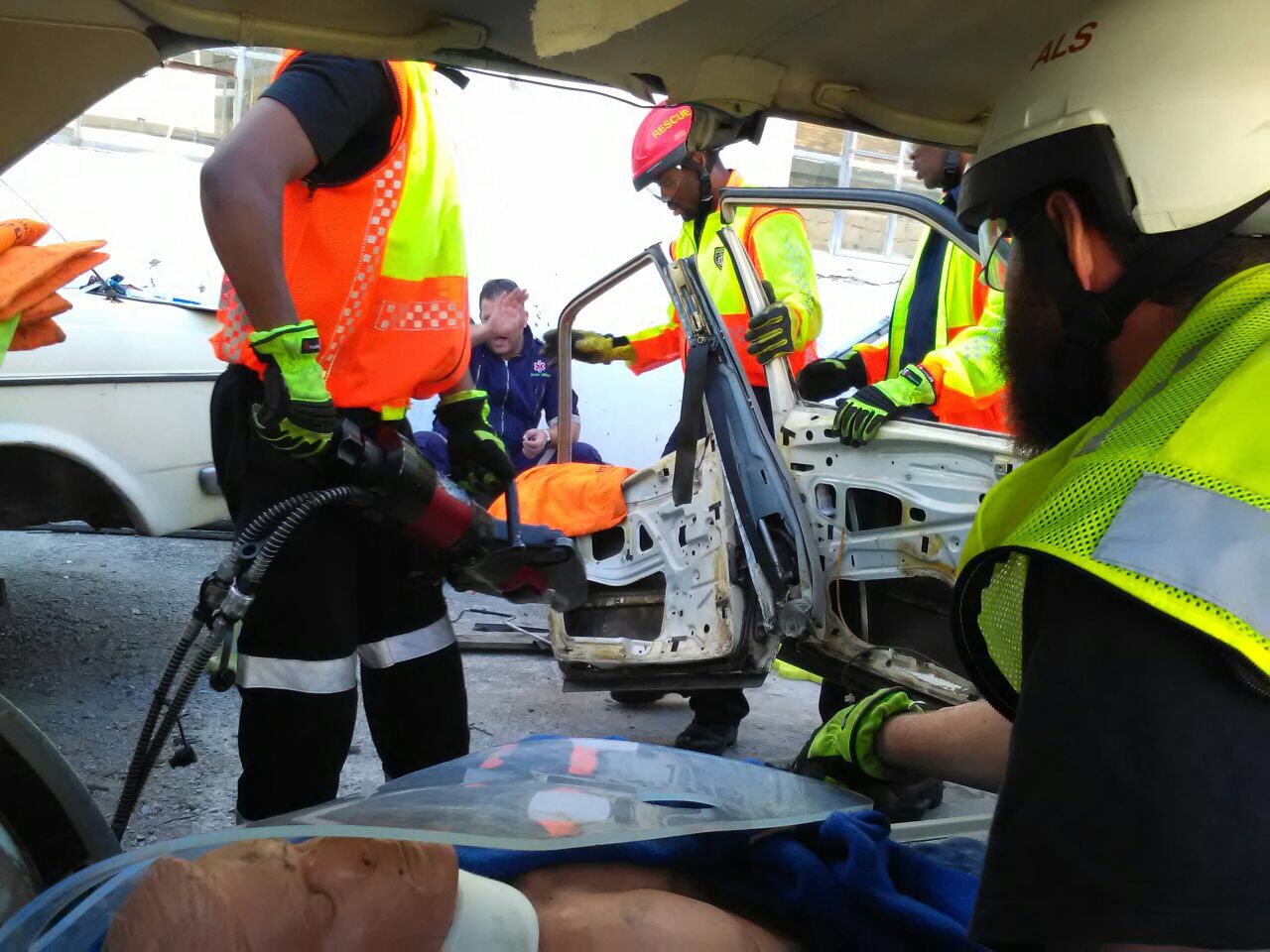Midwives from across the province together with academics from Eastern Cape Universities and Lilitha College of Nursing, Midwifery Students and District Clinical Specialist Midwives gathered at Mphekweni Beach resort from the 13 -15 November 2018 for the Provincial Midwifery Seminar under the theme “Midwives advocating for quality and respectful care in sexual reproductive maternal child and adolescent health”.
The seminar which was the first of its kind in the country was aimed at collectively assisting and contributing towards finding solutions to reduce maternal and perinatal morbidity and mortality and making the Eastern Cape the home of midwifery.
Provincially, maternal and perinatal mortality is not reducing as per the expected rate and the department is bombarded with litigations from poor perinatal outcomes.
According to the 2014 saving mothers report, there is a continued decline in institutional Maternal Mortality Rate (iMMR) in the country but the Eastern Cape remains more or less constant with high maternal mortality from obstetric haemorrhage which is at 19.7% and Hypertension at 17.2%.
Furthermore, the report shows that the Eastern Cape iMMR is at 174,15/100 000 live births compared to the country’s 140,81/100 000 live births and 10% of the administrative related avoidable factors is lack of appropriately trained midwives countrywide, hence the need for the seminar.
To reduce the rate of Medico Legal Hazards that are due to negligence and departmental systems, the Eastern Cape Department of Health has embarked on strategies and interventions which have yielded good results thus far.
These include procurement of equipment for the newly opened neonatal units at District hospitals, appointment of staff for maternity units to curb the shortage of midwives, training of Community Service Nurses and doctors on Obstetric emergencies (which has also yielded good outcomes in terms of management of complicated cases), availability of onsite obstetric ambulances and training of EMS personnel on obstetric emergencies and strengthening of systems in terms of auditing the morbidity and mortality files to promote learning on identified gaps in the management of patients.
Midwives from both nursing education and clinical platform provided and presented evidence based practices and shared their research studies and clinical skills on best practices among each other.
During the seminar, Ms Nokuzola Mzolo who is a District Clinical Specialist Team - Advanced Midwifery from Kwa Zulu Natal conducted a workshop on respectful care in reproductive maternal and neonatal units to prevent violation of human rights.
In the workshop Mzolo among other things addressed the issue of ethics, patient safety, human rights, gender rights, understanding the societal context that the midwives are dealing with, as well as understanding that some of the clients they deal with are victims of gender violence and abuse, hence they need to be treated with extra care.
Mr Mlungisi Mlambo who is Senior Manager, Legal Services, spoke on maternal child and infant health related litigation trends, costs and the impact they have on the health system and highlighted the importance of recording of incidents, record management and reporting of cases as they happened. He applauded the department for hosting the midwifery seminar indicating that the department is mostly litigated on maternal cases.
The Superintendent General (SG), Dr T.D. Mbengashe addressed the midwives and said it was a privilege for him, mentioning how midwives used to teach him in maternity wards as a young doctor.
He said South Africa is dependent on the good quality reproduction, maternal, neonatal and child health that the midwives offer for its own development. “The work that you do is quite extraordinary and very important”, he said. The SG further advised the midwives to treat maternity cases differently as each patient case is unique.
Deputy Director General (DDG) for Human Resources (HR) and Corporate Services Mrs Nwabisa Mavuso concluded the session and appreciated the presenters, partners, sponsors and delegates for their presence, participation and input in the session.
Mavuso said the seminar was not the last and suggested that the next seminar should ensure that there is balance between teaching and clinical platform engagement.
She further posed a challenge to see if technology can be used to digitally record cases as it becomes difficult in some cases for nurses to record on time.
One of the midwives expressed her gratitude to the department for hosting them, saying the seminar was informative and eye opening, she further committed to go back and implement what she learnt in her institution.
Sidumise Madyibi











